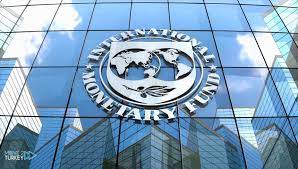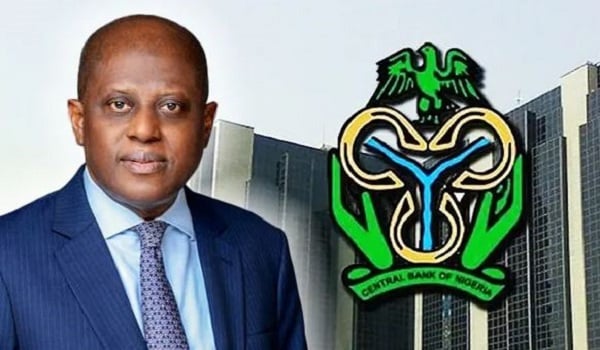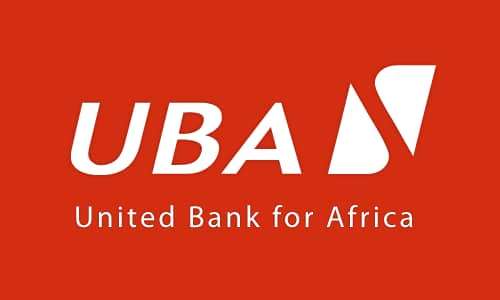The Central Bank of Nigeria (CBN) will continue to grow the nation’s net foreign reserves beyond the level stipulated by the International Monetary Fund (IMF) to ensure the economy remains safe and healthy, CBN Governor Olayemi Cardoso, said yesterday after the Monetary Policy Committee (MPC) meeting, where key interest rates were held steady for the second time this year.
Speaking to reporters after the MPC meeting, Cardoso, pointed to a significant improvement in the country’s reserve position. He stated that the “net foreign reserves have seen a “quantum leap” from slightly over $3 billion to approximately $23 billion”.
He attributed this growth to increased transparency in processes and ongoing reforms, which have instilled confidence in market players who were previously hesitant to participate.
“The numbers speak for themselves, beyond the gross reserves, which were $50 billion or $40 billion at that time, the net reserves have grown quantumly. And that will continue to be the path whereby we will ensure that we have sufficient buffers beyond the IMF six-month import cover to ensure that we continue to keep our economy in a safe and sound mode,” he said.
He explained that such a trajectory is typical for economies globally, noting that Nigeria is now experiencing stability after a long period of instability, drawing interest from potential investors.
Cardoso dismissed the notion that any single aspect of economic management could solve all problems. He stressed the “reduced exchange rate volatility, which has fallen from over 4 per cent a year ago to less than half of one per cent now,” as a clear sign of stability.
This improvement, he said, indicates the economy is moving in the right direction. He also anticipates greater results as time progresses due to increasing collaboration between the fiscal and monetary authorities.
Addressing concerns about currency depreciation, particularly during periods of heightened global uncertainty, the Governor noted that Nigeria performed remarkably well compared to other countries. He explained that the “depreciation experienced was very modest”, and the currency maintained considerable stability due to pre-emptive measures taken by the CBN. He contended that without these early reforms, the outcomes could have been far more “disastrous” for the nation.
On the matter of the CBN’s surplus recorded in its 2024 financials, Cardoso expressed optimism about its sustainability. He observed that the “importation of refined petroleum products has decreased with the emergence of Dangote Refinery and other local refineries”, while gas exports have been on an upward trajectory. He also emphasized the role of a more “competitive currency in encouraging exports” and opening up opportunities for Nigerian businesses in the sub-region.
“My belief is that if we continue doing the things we have done up to this point in time that have resulted in a positive surplus, we should be able to, in fact, improve that without too much of a problem,” he said.
Cardoso stated that the CBN is dedicated to rebuilding confidence and trust, assuring stakeholders that the institution will not disappoint. He cited the publication of net reserves figures and audited financial statements as significant steps towards transparency and accountability, demonstrating that the CBN is following through on its promises.
He acknowledged the need for institutional rebuilding within the CBN, noting that while it is not an overnight process, efforts are underway to reset key areas. He cautioned against comparing the CBN’s financial performance to commercial banks, explaining that a central bank’s unique role justifies its distinct financial indices.
True to predictions by analysts, the MPC unanimously decided to hold monetary policy parameters by: retaining the Monetary Policy Rate (MPR) at 27.50 per cent; keeping the asymmetric corridor around the MPR at +500 to -100 basis points; maintaining the Cash Reserve Ratio of Deposit Money Banks at 50 per cent and Merchant Banks at 60 per cent and retaining the Liquidity Ratio at 30 per cent.
In taking this decision, the MPC observed relative improvements in some key macroeconomic indicators, which are expected to support overall price moderation in the near to medium term. These include the narrowing gap between the Nigeria Foreign Exchange Market (NFEM) and Bureau De Change (BDC) windows, a positive balance of payments position, and easing petrol prices.
However, the committee also acknowledged underlying inflationary pressures driven by high electricity prices, persistent foreign exchange demand pressure, and other legacy structural factors. New policies introduced by the Federal Government to boost local production and reduce foreign currency demand were noted as measures that should lessen the pass-through to domestic prices.
Concerns were also raised regarding the recent decline in crude oil prices, attributed to increased production by non-OPEC members and uncertainties linked to U.S. trade policy. These developments present new challenges for fiscal receipts and budget implementation.
The committee reported the continued stability of the banking system, noting improvements in key performance indicators and progress in the ongoing recapitalization exercise. Based on these considerations and the uncertain policy environment, exacerbated by global shocks, the MPC decided to hold policy, allowing for a better understanding of near-term developments.
The Nation





